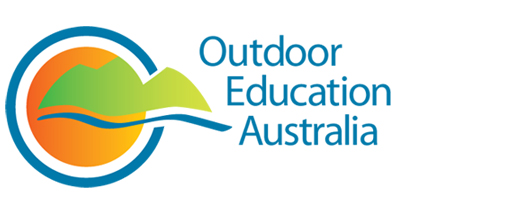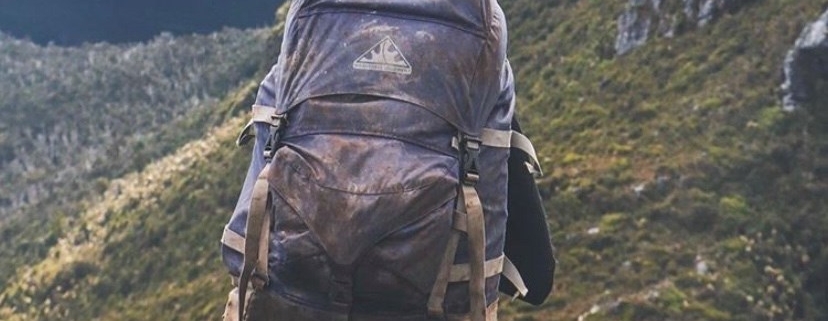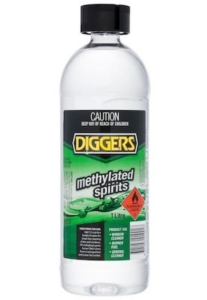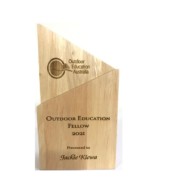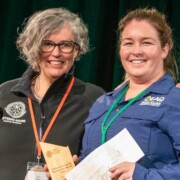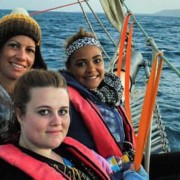COVID-19 Cleaning Advice from Wilderness Equipment
Best Practice during COVID-19
Outdoor Equipment Cleaning and Disinfecting to prevent the spread of Coronavirus disease (COVID-19)
Prepared by Henry Kelsey | Wilderness Equipment – June 2020
Our Foundation Partner – and major supplier for school outdoor education programs – Wilderness Equipment has provided the following COVID019 Cleaning advice for hygienic maintenance of outdoor gear.
In Brief
Safe Work Australia and the Australian Government Department of Health have provided official advice for Non-Healthcare organisations on how best to clean and disinfect environments to prevent the spread of Coronavirus disease (COVID-19). This advice can be adapted as follows to effectively clean and disinfect Backpacks, Tents and Clothing used for Outdoor Education.
How to Clean and Disinfect
Identical cleaning practices cannot be applied across all Backpacks, Tents and Clothing used for Outdoor Education, as diverse textiles are used. Please follow this guide when cleaning your equipment:
Synthetic Backpacks made from Nylon or Polyester (Outbreak, Pack 101 and Nullaki models): Using a soft brush, clean thoroughly with neutral detergent (pH between 6 and 8) and warm water. DO NOT machine wash. Allow to dry completely before storage/reuse. Synthetic Backpacks may also be disinfected using methylated spirits (see below).
Canvas Backpacks (Breakout and Nornalup models): Canvas MUST NOT be cleaned using detergents or soaps as these surfactants will remove the proofing treatments (waxy polymers) and which would then need restoration. Disinfect using methylated spirits applied with a spray bottle. Allow to dry completely before storage/reuse. Clean Canvas with warm water and a soft brush. DO NOT machine wash. Dry thoroughly.
Tents and Shelters made from Nylon or Polyester (i-Explore, i-Shadow, Space, Arrow, Overhang tarp models): Using a cloth, clean thoroughly with neutral detergent (pH between 6 and 8) and warm water. DO NOT machine wash. Allow to dry completely before storage/reuse. Tents and Shelters can be disinfected using methylated spirits; and may also be soaked in a very weak (1:1,000) bleach solution for five minutes, and then thoroughly rinsed.
Outdoor Clothing Rainwear of Nylon or Polyester base fabrics and a moisture-vapor-permeable, waterproof lamination (Deluge Jacket, Raindance Overpant): Warm wash (40 degrees) in a front-loading washing machine (domestic or commercial) a small amount of neutral detergent (pH between 6 and 8), then rinse twice. Allow to dry completely before storage/reuse. Note: DO NOT use a water temperature setting above 40 degrees. High temperatures soften seam tape adhesives and will result in delamination of the tape. Also, DO NOT wash waterproof garments using soap, as a soapy residue will be left behind, unable to be completely rinsed out. This will negatively affect the performance of the garment. All breathable waterproof clothing may be disinfected with methylated spirits applied with a spray bottle. Machine washing is probably less trouble but it does add to the accumulated wear and tear on any garment.
Outdoor Clothing Warmwear made from Polyester fleece and trims, no lamination, (Cold Snap Pullover): Warm wash (40 degrees) in washing machine (domestic or commercial) with neutral detergent (pH between 6 and 8. Allow to dry completely before storage/reuse. Note: DO NOT wash garments warmer than 40 degrees or use bleach, as this may negatively affect the garment. Warmwear may be disinfected using methylated spirits but this is a less practical option.
Brief notes on the above:
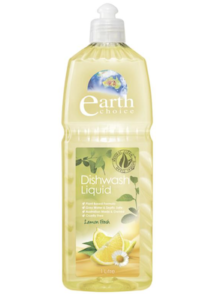
Methylated Spirits works in the same way as detergent; if you soak the virus in alcohol the alcohol breaks down the fatty lipid bilayer which holds the virus together. Thoroughly air dry until all the methylated spirit has evaporated. The surface being disinfected must be saturated to break the virus down, as the methylated spirits must remain on the surface for at least 30 seconds before evaporating to ensure complete destruction of the virus. Do NOT dilute the methylated spirits more than four parts meths to one part water. No dilution is best.
We are recommending the use of detergent for cleaning and methylated spirits for disinfecting, as both of these products should already be in common use for outdoor education equipment fleet management (in the case of detergent) and outdoor education activities (in the case of metho: Trangia stoves). These products are also readily available from general retailers and hardware stores. There is no need to use specialist suppliers as with other cleaning/disinfecting agents. Their common use means that outdoor education practitioners will likely already have an understanding of materials handling, storage, and disposal.
Downloadable Flyer
The above content can be also be found here in a hand PDF Flyer.
Reference Materials (what this is based on)
Disinfection 101: http://www.cfsph.iastate.edu/Disinfection/Assets/Disinfection101.pdf
Cleaning to prevent the spread of COVID-19 – Fact Sheet from Safework Australia.
Infection control advice for COVID-19 environmental cleaning in non-healthcare settings (home and workplace) — see here.
